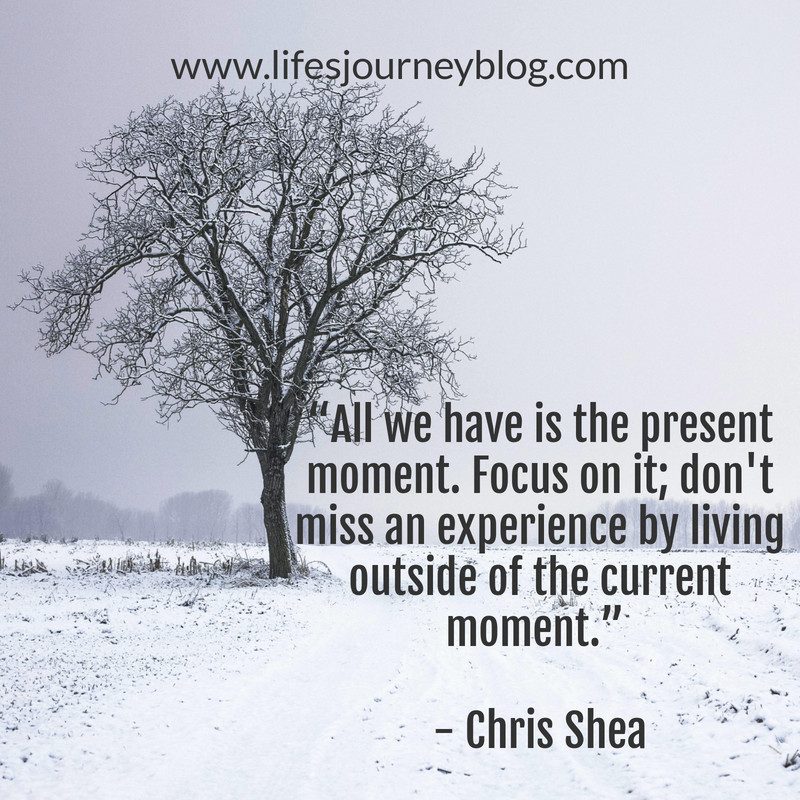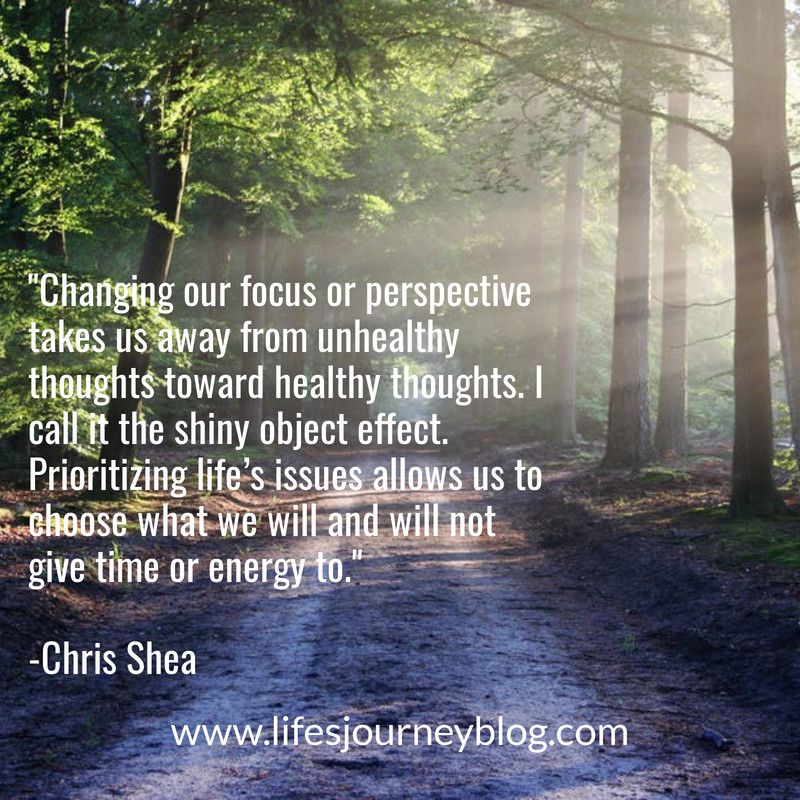Archive for December 2018
How To Find Peace In The Holiday Stress
The time of the year between Thanksgiving and New Year’s Day is filled with high expectation leading us into holiday stress. The expectation for perfection is great, causing us stress and a lack of peace when we desire this to be a time of joy with the celebration of family traditions. Here are my 4 tips to find peace in the holiday stress.
This time of the year is when I reflect upon my own childhood memories; memories filled with awe and wonder as the world seemed to be magical. Unfortunately, this time of the year is also one of increased holiday stress due to all the activities we feel we need to do. Our wish to make this time of the year “perfect” increases our expectations, many of them unreasonable, causing us to overwork in our planning efforts.
As a child, I fondly recall watching the animated Christmas specials and reading all the Christmas books I could find. Those stories not only have positive endings, but most of them also depict perfection. In these stories families gather and get along with each other, the house is majestically decorated, the dining room table set to rival the fanciest restaurant. My favorite American painter, Norman Rockwell, painted scenes of American life; some showing pain and suffering, others idyllic life scenes. Rockwell’s holiday paintings are among my favorite as they depict a world I wish existed, although knowing that a perfect world doesn’t exist.
This longing of mine, like the desire and longing of many other people, is part of the cause of our holiday stress during this season. We tend to focus our attention on the memories of the past, coupled with fictional idealisms of the holiday, producing a desire to re-create what never was, nor most likely ever will be. The holidays, as we perceived them in childhood, cannot now be reproduced through our adult perceptions, nor can we expect to create an experience depicted in the controlled environments of scripts, actors, and a stage.
The issue that I encounter this time of the year is one of unrealistic expectations which create the holiday stress that takes away our peace. Trying to re-create a “perfection” which actually never existed means that we will fall short in our attempts. Not achieving my expectations could be interpreted as a failure.
Bonus: Download Chris Shea’s booklet on Life Coaching & is it for me? Click here to get it
We have control over our feelings in the current moment. Let’s not lose the experience of what is happening by living in either the past or the future. Experience the present moment for what it is. As I recall my childhood memories of the holidays, I try to keep them focused on the experience of the moment. Don’t let an expectation of perfection cloud the beauty and the feeling of the memory. Enjoy the memory without trying to do anything with or to it. Live the moment without expectation and you will find that the holiday stress of perfection will fade.
During this holiday season, here are the steps I am working on to keep myself as stress-free as possible:
- Refocus expectations: Take time to reflect on your expectations, considering what is realistic and what is not realistic. For example, we may want a house decorated as we’ve seen in advertisements, but, no matter how hard we try it never looks as it does in the pictures. If you reframe your expectation and perception, you would recognize that you haven’t failed, actually, you created something unique, something that reflects you, not an ad.
- Change your perception: Changing the way we perceive ourselves will change our perception of our world. Therefore, changing our view of this time of the year will change our expectations and so reduce our stress. For example, if you are hosting family, and the reality is that your uncle always makes a fool of himself at these family gatherings, keep your perspective focused on reality. Plan for what you can in expectation of your uncle’s shenanigans, for when your uncle acts as he always acts, don’t let it stress you; he is only doing as you expected him to do (and you previously planned for it). At least he’s consistent.
- Learn from your past: It’s important to spend time reflecting on our past, honoring the memories for what they are, and sharing them with current family and friends. Our past has shaped who we are today. Use the lessons of the past to create a present moment of peace. The purpose of the past is not to be recreated in the present, but to be incorporated with the present. Take what was positive for you in the past and use it in the present. What wasn’t positive for you in the past, modify now in the present to be positive. Our past was not perfect; don’t expect the present or the future to be perfect either.
- Simplify your life: Easier said than done, I know. But if you think about it, our material goods, although useful, can be a source of our stress when our focus emphasizes “things”. Living simply means keeping a proper focus, or perspective, on what is truly important in life. Keep your expectations and perceptions rooted on who you are, not on who you think you should be.
During this holiday season, take the time to enjoy the wonders, joy, and magic of the season. Keep your perspective and expectations reasonable to reduce your holiday stress. Most importantly, focus on what is truly important to you!
{loadmoduleid 140}
An Expert Life Coach Shares Successful Ways to Change Perspective
Many of us are negatively bothered by the small annoyances in life. Expert life coach Chris Shea shares his successful way to change perspective and live happier.
It’s usually not the big things that affect us as much as the accumulation of these daily small annoyances. We find ourselves lashing out in anger or snapping at others for what they may feel is a small matter, but you are really lashing out not over that issue specifically, rather you are reacting to an accumulation of small issues.
When my clients complain about issues in their life, regardless of my opinion, I try to refrain from labeling it “the small stuff”. If something is bothering someone I don’t want to say “small stuff” as that negates what they’re feeling. Although, I hope to get them to a point when someday in the future they can recognize the current issue was something small and can be now laughed at.
To get to that point of laughing at ourselves over the small stuff one of the questions that I’ll ask my clients is, “in the scope of everything going on in your life and in the world right now, where does this fit?” The question is an attempt to change perspective and put into focus that which is truly important in life.
When we get mentally stuck focused on what is truly a small matter, we need to divert our attention to refocus on something else. Eventually, you’ll forget what you were previously focused on. This helps to reframe our perspective. It’s like a laser pen for cats, keeping their attention focused on a point, not on anything else. We, as humans, act and react the same way a cat does with the laser pointer.
I’ve spent over 20 years working with people suffering from addictions to later work on their recovery while learning how to cope with cravings for their drug of choice. One of the complaints I frequently hear from my former clients is about their sponsor/mentor in guiding them through a craving. They complain to me that when they would be having a craving they would call their sponsor and say “I’m having a craving” and the sponsor would reply “hey did you watch the game last night?”
Bonus: Download Chris Shea’s booklet on Life Coaching & is it for me? Click here to get it
The former client would be dismayed that their sponsor only wanted to talk about the game instead of the craving. They would wonder what’s wrong with their sponsor that they wouldn’t talk about the craving? They’ll suggest to me that they need a new sponsor who cares for them and not some game.
My question to this person in recovery, after listening to their story, is always “well did you use last night?” “No”, they would reply. To which I state “isn’t that the goal you were going for, not using?”
If I have a headache and I focus on my headache then my headache gets worse. If I do what I need to do to take care of that headache and then do something else, my headache seems to get better or even goes away. Changing our focus or perspective takes us away from unhealthy thoughts toward either healthy or neutral thoughts. I call it the shiny object effect. If your cat or dog (or even young child) is fixated on something you don’t want them to be fixated on, simply flash a shiny object and their fixation changes to the new object. You can do this literally or figuratively with yourself and other humans.
Changing perspective helps us understand that some of life’s issues are small and not worth our time, energy, or negativity. Distracting myself from the small issue is but one aspect of coping with the small stuff; understanding and coping with the idea that it’s a small issue is vital.
Prioritizing life’s issues allows us to choose what we will and will not give time or energy to. If the issue, in the scope of what’s happening in the world, won’t make a difference, then let it go. If the issue rises to the level of needing to be addressed, then do so in a healthy, conscious, and productive manner.
{loadmoduleid 140}


